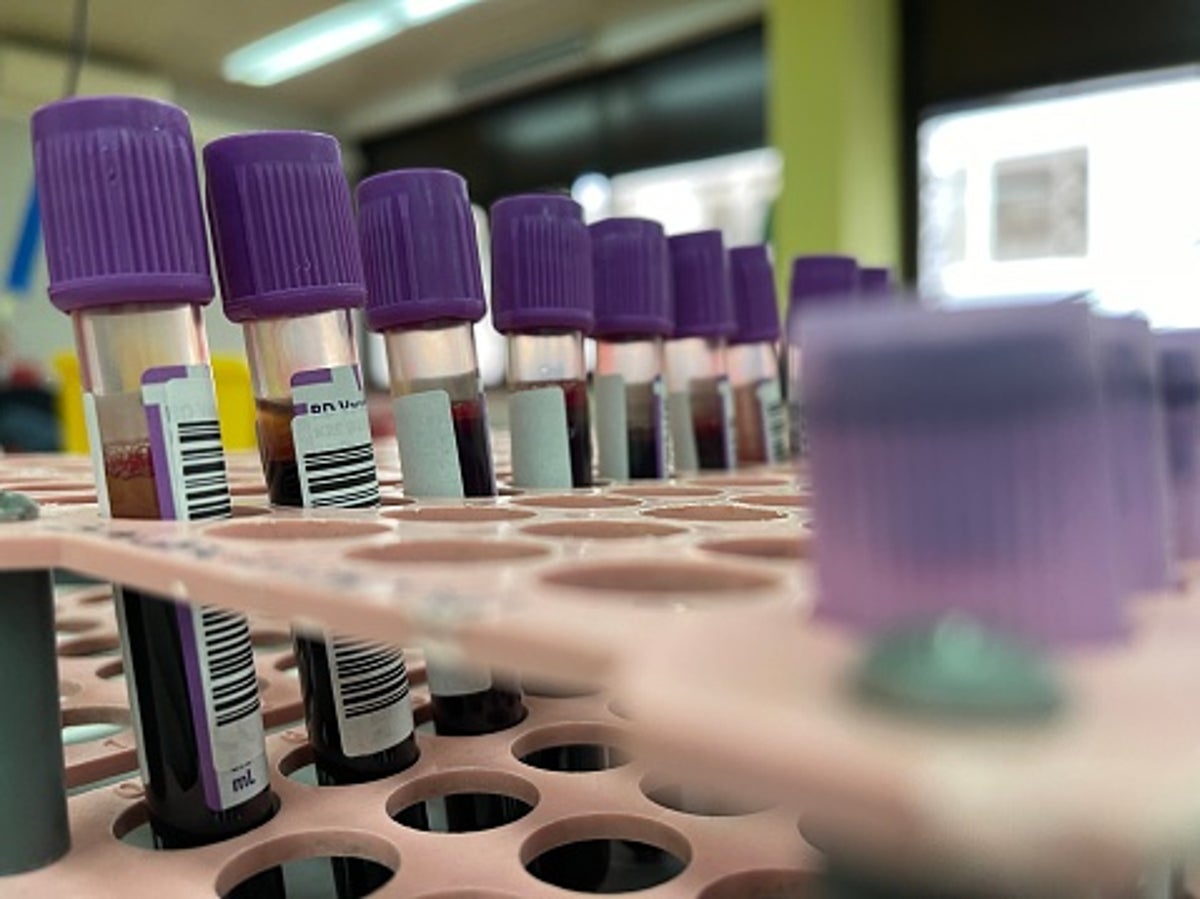
The monkeypox outbreak in more than 70 countries has been declared a “global health emergency” by the World Health Organisation (WHO).
WHO Director-General Tedros Adhanom Ghebreyesus issued the declaration despite a lack of consensus among members of the organisation’s emergency committee.
Last month, the panel said the outbreak did not yet amount to an international emergency, but the committee convened this week to re-evaluate the situation.
“In short, we have an outbreak that has spread around the world rapidly through new modes of transmission about which we understand too little and which meets the criteria in the international health regulations,” Mr Tedros said.
“I know this has not been an easy or straightforward process and that there are divergent views among the members” of the committee, he added.
Nine members of the expert committee were against the designation with six in favour, Mr Tedros told reporters.
More commonly known symptoms of the virus are a high temperature, headache, muscle aches, backache, swollen glands, shivering and exhaustion, according to the NHS website.
The declaration by the WHO could encourage an increase in investment in treating the disease, and mostly serves as a plea to draw more global resources and attention to an outbreak.
The emergency declaration means the outbreak is an “extraordinary event” which threatens to move into other countries and requires a coordinated global response.
The Covid-19 pandemic, the 2014 West African Ebola outbreak, the Zika virus in Latin America in 2016 and the ongoing effort to eradicate polio are among the other health crises to have been declared a global health emergency.
According to the US Centers for Disease Control and Prevention, more than 16,000 cases of monkeypox have been reported in 74 countries since about May.
To date, monkeypox deaths have only been reported in Africa, where a more dangerous version of the virus is spreading, mainly in Nigeria and Congo.
In Africa, monkeypox mainly spreads to people from infected wild animals like rodents, in limited outbreaks that typically have not crossed borders.
In Europe, North America and elsewhere, however, monkeypox is spreading among people with no links to animals or recent travel to Africa.
Dr Rosamund Lewis, the WHO’s top monkeypox expert, said this week that 99 per cent of all cases beyond Africa were in men.
As of 21 July 2022, there were 2,208 confirmed cases in the UK – and of these, 2,115 were in England, according to the UK Health Security Agency (UKHSA).
The UKHSA also said this week that it had procured 100,000 more doses of an effective vaccine to tackle the rising number of monkeypox cases.
With additional reporting from the Associated Press







